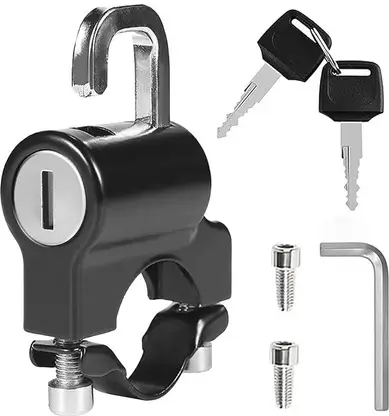In a recent development, Google Pay has begun imposing a convenience fee on bill payments made using credit and debit cards. This change affects users paying for utilities such as electricity, water, and gas through the platform. The newly introduced fees range between 0.5% to 1% of the transaction amount, plus applicable Goods and Services Tax (GST). This adjustment aims to cover the costs associated with processing card payments, ensuring the platform’s sustainability and continued service quality.
It’s important to note that this convenience fee applies exclusively to transactions made via credit or debit cards. Payments conducted through the Unified Payments Interface (UPI) remain free of charge on Google Pay. This distinction encourages users to utilize UPI for their bill payments, promoting a cost-effective and seamless payment experience.
Google Pay is not alone in implementing such charges; other digital payment platforms have adopted similar practices. For instance, PhonePe levies a convenience fee on payments made through credit or debit cards for specific services, including water and electricity bills. Similarly, Paytm imposes a platform fee on certain transactions, such as recharges and bill payments, to offset operational costs.
The introduction of these fees reflects a broader trend in the digital payments industry, where companies are seeking to monetize services that were previously offered free of charge. As the adoption of digital payment platforms grows, the associated processing and operational costs have increased, prompting service providers to adjust their fee structures accordingly. This shift ensures that platforms can continue to offer secure and efficient services to their users.
For users looking to avoid these additional charges, opting for UPI-based transactions remains a viable alternative. UPI payments are not only free on Google Pay but also widely accepted across various merchants and service providers. By choosing UPI, users can continue to enjoy a seamless and cost-effective payment experience for their routine bill payments and other transactions.
 SEOKOK Apps, Live Links & Product Reviews
SEOKOK Apps, Live Links & Product Reviews






